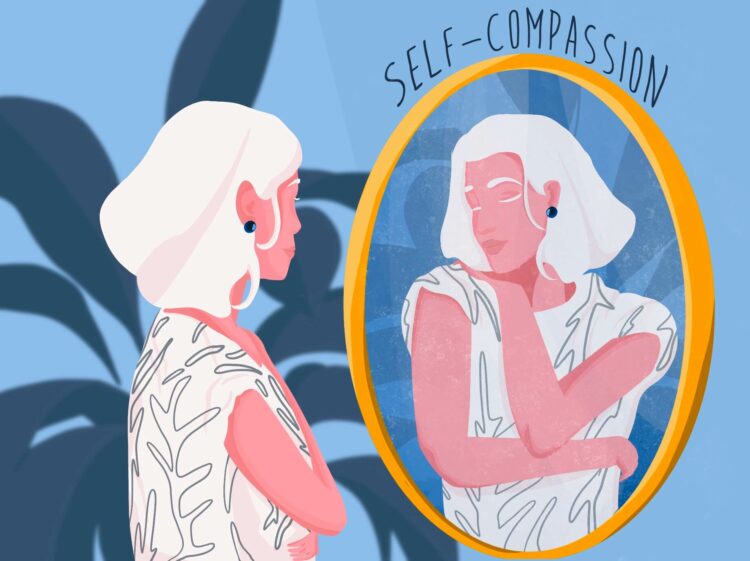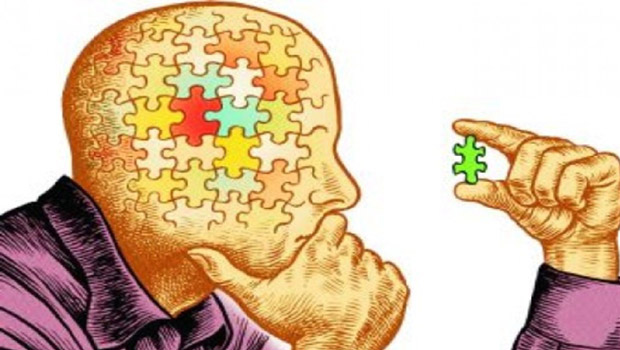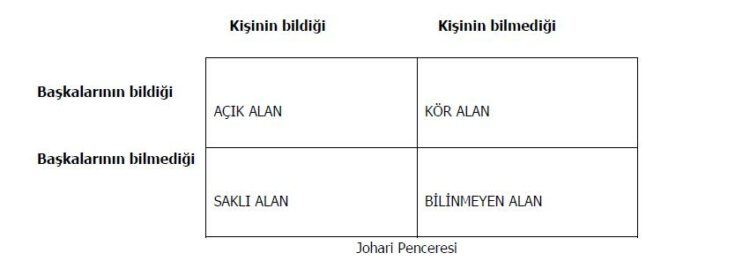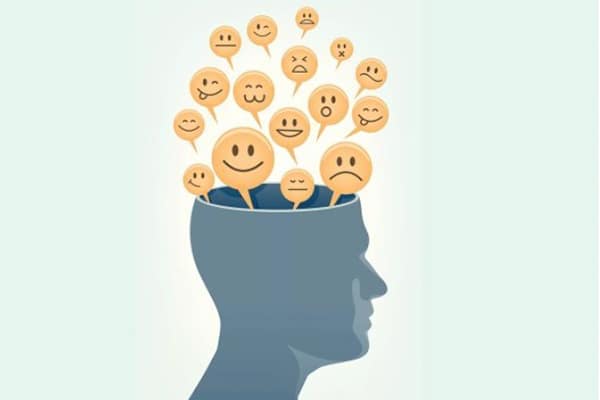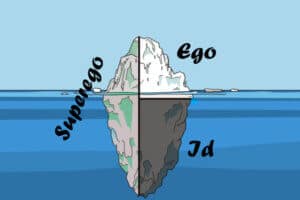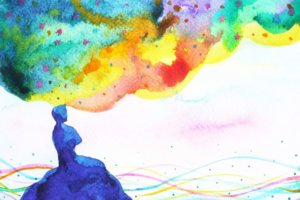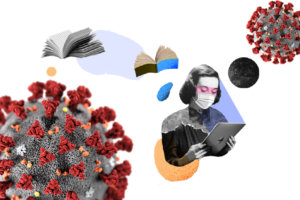Self-awareness is the ability to do an introspection. A person with self-awareness sees himself as a single individual by separating himself from other individuals in the environment and society, and discovers his limits, abilities, that is, his own self.
Self-awareness is the most fundamental subject in psychology, which has been under the spotlight by all philosophers and psychologists until today. Having self-awareness is very important for social relations as well as for oneself.
Looking is not seeing.
Self-awareness is a long and ongoing process that is not as easy as it seems. Continuous self-discovery of the person is one of the reasons that ensure the continuity of this process. Two concepts that should not be confused with each other are self-awareness and consciousness. These two terms have different meanings. Consciousness is the recognition and awareness of those around him and himself, while the concept of self-awareness is the recognition of these awarenesses. It’s like the difference between looking and seeing.
Nosce Te Ipsum
“Know thyself, know thyself” This ancient inscription on the temple of Apollo is an Ancient Greek proverb. It is a phrase frequently used by wise philosophers who have written their names in history such as Plato , Socrates and Pythagoras. This promise, which is the cornerstone of a sacred temple of the 4th century, and the message of self-awareness that is wanted to be given, maintains its importance today. Knowing and consciously paying attention to one’s own attitudes and orientations ensures his development.
The Importance of Self Awareness
Self-awareness, which is the most important component of emotional intelligence, is a must for a productive and happier life. An individual who knows himself can manage himself, take the right decisions and make the right choices. Individuals with self-awareness can control their emotions, thoughts and behaviors because they know themselves and always know their limits.
It is possible to apply many different methods in your daily life to improve your self-awareness. It should not be forgotten that the positive effects of the time and effort spent to have high self-awareness skills will satisfy you more than you might think. A person who has self-awareness and knows his essence better attracts more success and opportunities.
At certain times of the day, have time for yourself in your own space. At this time, you can take a step towards gaining self-awareness by keeping yourself away from all electronic devices and daily tasks and trying to focus only on yourself.
Inner and Outer Self-Awareness
Inner self-awareness is how we perceive ourselves. External awareness is understanding how others perceive us. If the person’s internal self-awareness is high and external self-awareness is low, this person will not want to listen to external feedback. On the contrary, an individual with high external self-awareness and low internal self-awareness, instead of trying to understand what is going on within himself, thinks about how he is perceived from the eyes of others and tries to please them.
The desired feature is to be a person with high self-awareness both internally and externally. This situation has positive effects on empathy and healthy relationships. As a result of many studies, it has been concluded that self-awareness is also important for being a leader and achieving leadership success.
Questions to ask ourselves in order to increase inner self-awareness:
- What are my core values?
- What are my weak points?
- What are my strengths?
- What do I do without noticing the flow of time and without getting bored?
- What emotions do I experience often?
- What are my limiting beliefs?
Questions to ask ourselves in order to increase external self-awareness:
- How do others see me?
- What are the differences between how I see myself and what others see?
Low Self-Awareness Symptoms
Some characteristics of people with low self-awareness
- While describing the events that happened to him, he bases the responsibility on other external reasons such as fate and luck. They are far from looking for the reasons for their failure in themselves.
- They cannot tolerate the opinions of people who do not think like them. They avoid listening to different points of view.
- They cannot recognize and evaluate the behaviors they exhibit.
- They have difficulty explaining the reasons for their feelings, thoughts and behaviors.
- They do not have realistic and clear goals in their life.
Johari’s Windows
According to the Johari Windows (Self-knowledge windows) model developed by two American psychologists, Joseph Luft and Harry Ingham in the 1950s, each person has 4 areas. Within these areas, we have various characteristics about ourselves. While we are aware of some of these features, we are not aware of some of our features on our own.
1) Open Space: Both the individual and other people are aware of the features of the open space.
2) Confidential Area: It is the area that we know about ourselves but that we do not prefer other people to know, and therefore other people do not know.
3) Unknown Area: Neither we nor anyone else is aware of the features found in this area. We have various talents, weaknesses, bad sides and many more unknown features that we do not know yet. It is possible to suddenly see some of these features in crisis environments.
4) Blind Area: We cannot see our blind area alone. Other people see and know features in the blind area. Unless the people around you come and tell you about these features, you cannot realize these features yourself. To narrow your blind area, you need to listen to other people’s comments about you.
Listen to Your Critics
Getting feedback from the people around you is a very important step for the development of self-awareness. Listening to the negative criticism that others will say about you will not be as easy as it seems, especially for those who have a defensive attitude. Getting corrections from people, even if it’s hurtful at times, will eventually make you stronger.
While listening to the other person, you need to be interested in their feelings, body movements and words. While doing this, you should also avoid judging that person. You should pay attention to these steps not only when listening to criticism, but also in order to be a good listener in general.
According to the research of psychologists, it is seen that in our daily life, we often do something automatically and stay away from the feelings and the work we do in terms of awareness.
Recognize Your Emotions
Our reactions to the events that happen to us during the day and the intense emotions we experience during the event differ from person to person. Being aware of the events that trigger your emotions helps you reach self-awareness. Trigger events are not easy to find. You need to realize that your emotions are triggered during any event and catch yourself at that very moment. It allows you to be aware of the emotions you experience and the events that trigger you. In this way, you can be more controlled.
Focus on Yourself with Meditation
Meditation enables deep reflection. In an environment where there are no external factors to distract the individual, with comfortable clothes, it helps the person to focus on self-awareness by purifying his mind from different thoughts.
By closing your eyes during meditation, you provide your inner illumination. There is no method that can achieve a state of focus better than meditation. At the same time, studies show that the person who meditates leads a healthier life compared to other people.
The person who meditates gets away from stress and anxiety. The individual gains inner peace by relaxing during focusing. Stress-related illnesses are greatly reduced by meditation. It is thought that meditation can be an effective way in the treatment of many addictions. In general, meditation is effective in leading a happy and calm life. It has a positive effect.



